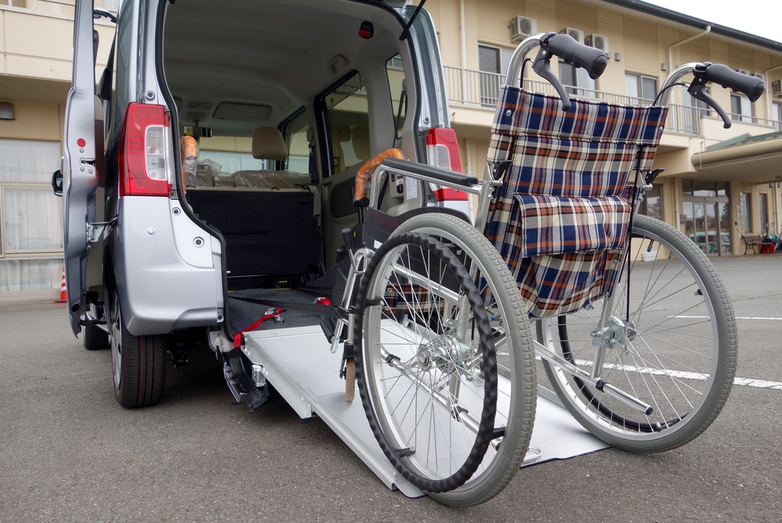Convenient Medical Transportation Options for Your Demands
Convenient Medical Transportation Options for Your Demands
Blog Article
Inexpensive and Accessible Medical Transportation Options for each Circumstance
In the world of medical care, the ability to gain access to clinical solutions is paramount, yet the difficulty of cost effective and accessible transportation can commonly prevent people from obtaining essential treatment. By discovering customized clinical transportation solutions, area transport programs, ride-sharing and taxi solutions, non-emergency clinical transportation, as well as public transportation and paratransit choices, individuals can find avenues that cater to their specific needs and guarantee they obtain the care they need.
Specialized Medical Transportation Provider
Specialized clinical transport services play an essential function in making sure secure and reliable transportation for people needing specialized care during transit. These solutions provide to individuals with one-of-a-kind clinical requirements, such as those needing consistent tracking, specific tools, or clinical interventions during transportation. By using specially complete vehicles and qualified clinical personnel, specialized clinical transportation services make sure that patients get the necessary care while being transported between medical care facilities, homes, or various other areas.
One key facet of specific clinical transport services is the emphasis on person convenience and safety. Clinical transportation teams are educated to take care of numerous clinical problems and emergency situations that may occur throughout transportation, providing a higher level of care than conventional transportation choices. Furthermore, these services usually supply door-to-door assistance, minimizing the tension and discomfort that clients may experience during transfers.
Community Transport Programs
Having dealt with the crucial role of customized clinical transport solutions in ensuring risk-free and efficient transport for people with unique clinical needs, the emphasis now moves to examining Area Transportation Programs - medical transportation. These programs play a crucial role in supplying affordable and easily accessible transport services for the basic populace, including senior citizens, people with impairments, and low-income households that may deal with obstacles in accessing traditional transport options
Neighborhood Transportation Programs include a series of solutions such as fixed-route buses, paratransit services, volunteer driver programs, and ridesharing initiatives. These programs are usually supported by city governments, non-profit organizations, or personal business to make sure that individuals have trustworthy transport choices to reach clinical visits, food store, social activities, and other vital destinations.
Ride-Sharing and Taxi Services

Among the vital benefits of ride-sharing and taxi solutions is their accessibility. These solutions run 24/7, allowing people to travel to medical appointments, pharmacies, or medical facilities at any moment of the day. Furthermore, ride-sharing and taxi services deal with people with mobility obstacles by supplying wheelchair-accessible lorries upon request.
Furthermore, ride-sharing and taxi services can be specifically valuable for people residing in areas with limited public transport alternatives. By connecting the gap in between home and health care centers, link these services play an important role in making certain that everybody has access to essential clinical services.
Non-Emergency Medical Transportation

Non-Emergency Medical Transport suppliers commonly use experienced employees that are experienced in aiding people with varying medical demands. By supplying door-to-door solution, Non-Emergency Medical Transport enhances the total access of health care for individuals who might or else struggle to attend important medical consultations.
Public Transportation and Paratransit Options
Public transit and paratransit options use vital transportation solutions for individuals with differing movement demands, making sure access to crucial destinations such as medical centers and appointments. Public transportation systems, consisting of buses, trains, and subways, give a cost-efficient and commonly available setting of transport for individuals seeking to get to clinical visits. These solutions are particularly helpful for those who may not have accessibility to exclusive vehicles or need assistance because of wheelchair challenges.
Paratransit solutions provide particularly to people with handicaps that are unable to utilize traditional mass transit. These solutions supply door-to-door transport, suiting people Continued with mobility devices, pedestrians, or other mobility aids. Paratransit vehicles are geared up with functions such as wheelchair ramps and securement systems to make certain the safe and comfortable transportation of passengers with varying movement requirements.

Conclusion

Report this page